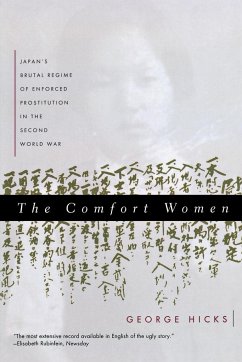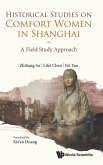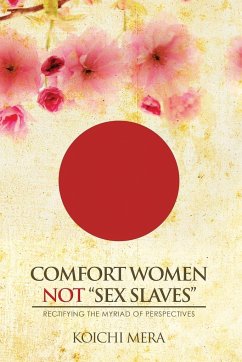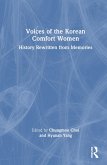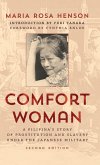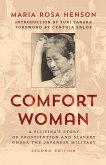In 1938 the Japanese Imperial Forces established a "comfort station" in Shanghai. This was the first of many officially sanctioned brothels set up across Asia to service the needs of the Japanese forces. It was also the first comfort station where women, many in their early teens, were coaxed, tricked, and forcibly recruited to act as prostitutes for the Japanese military. Using official documents and other original sources never before available, George Hicks tells how well-established and well-organized the comfort system was across the Japanese empire, and how complete was its coverup. He also traces the fight by Japanese and Korean feminist and liberal groups to expose the truth and tells of the complicity of the Japanese government in maintaining the lie. The Comfort Women is an account of a shameful aspect of Japanese society and psychology. It is also an exploration of Japanese racial and gender politics. Above all else, The Comfort Women allows the victims of this unacknowledged war crime to tell their own stories powerfully and poignantly, to speak of their shame and the full magnitude and brutality of the system.
Hinweis: Dieser Artikel kann nur an eine deutsche Lieferadresse ausgeliefert werden.
Hinweis: Dieser Artikel kann nur an eine deutsche Lieferadresse ausgeliefert werden.

